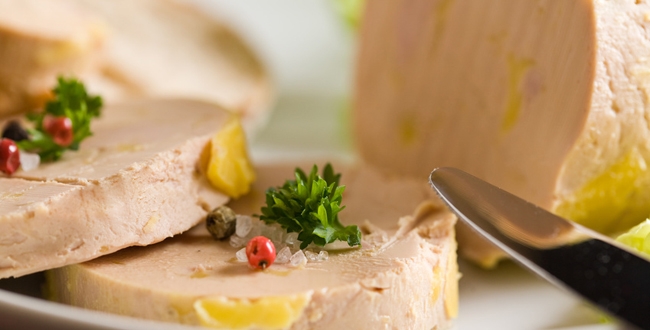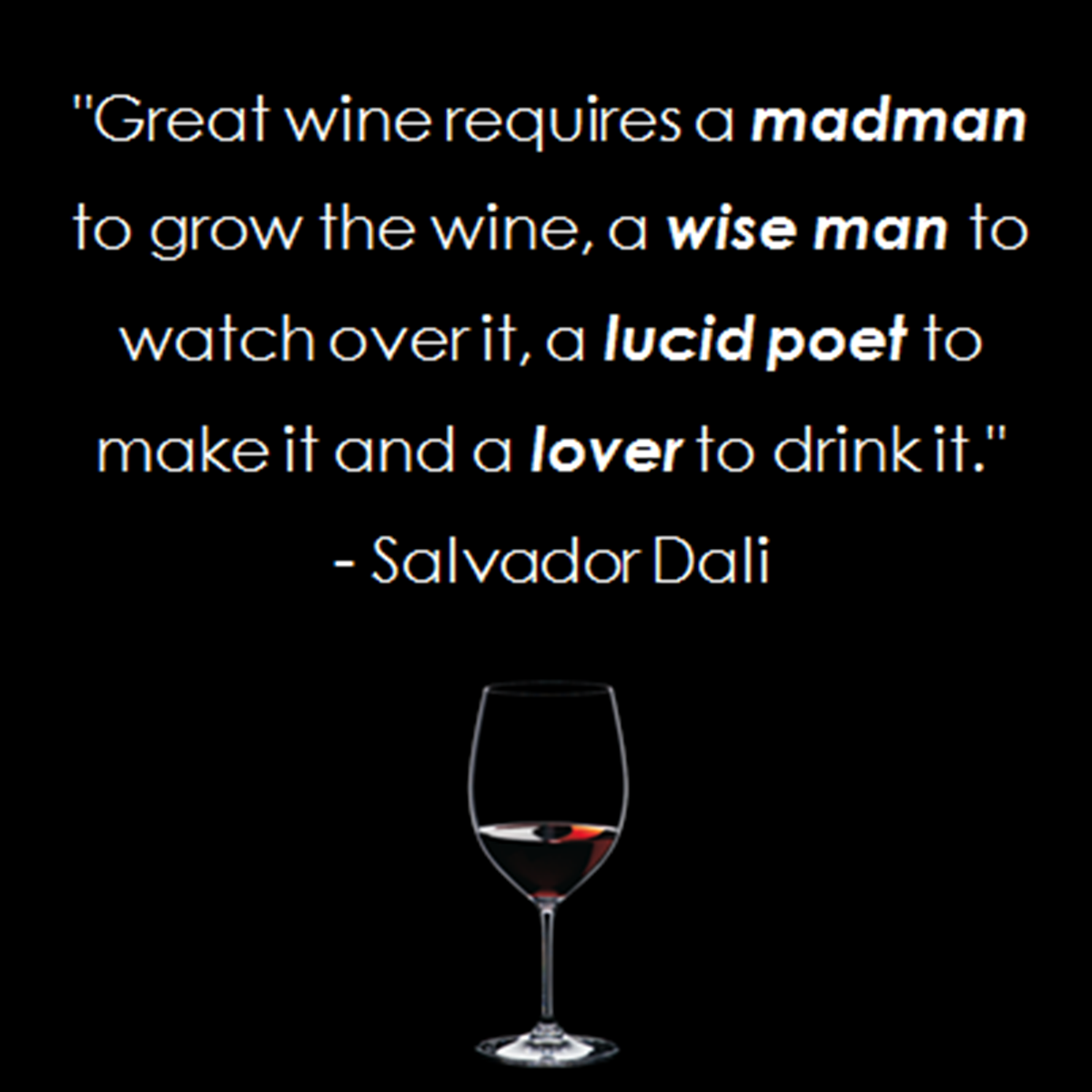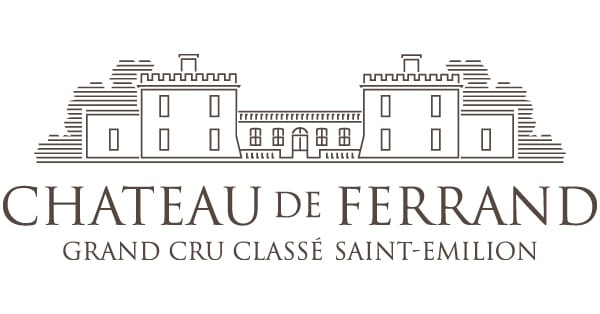

In France two regions fight for making the best Foies gras: the South-West with duck livers and Alsace with goose livers. Anyway, come the end of the year, they’re both delightfully eaten in many different ways: spread on a toasted ginger bread, raw with a pinch of salt and onion jam or simply paned. Christmas season is the period of the year when you enjoy the celebrations with your family and friends. It’s all about sharing. And eating. Particularly in France where the lunch times can go for hours. So if a French family invites you during that time there is almost 100% chance that you’ll be served foie gras. You need to be prepared and know what wine you can bring. Below are some simple tips to easily pair this national dish with panache!
Think of the texture The Foie gras has a very smooth and rich texture. It can overwhelm the mouth with a lasting flavor and a slight natural sweetness. You should choose the wine to counter balance the powerful taste of the fat liver. That’s why the wine should have fresh aromatic notes, in opposition with the richness of the Foie gras, and have a strong fruity taste, to go along with the natural sweetness of the liver.
Think of the service order You can have a glimpse at our last article about the wine service order, but you probably already know that dessert wines should go for… desserts. So the usual association of Foie gras with dessert wines is not always the best match in terms of food order. It’s like having a chocolate bar just before a salad. Yet, the pairing is so good that if you really want to go for it, you can think of having the Foie gras and the dessert wine just before the desserts.
Go for… The classic pairings are done usually with Sauternes, Monbazillac or Jurancon. Those white sweet wines should absolutely be drunk old. As just said before, too young those white sweet wines are too sugary but over time the natural sweetness fades while the acidity stays fresh. If you want suitable pairings for starters, we would rather go for off-dry white wines, Champagne or Pinot gris and Riesling from Alsace (late harvest are even better).
Wala Club WineMag: click here to read more articles, terms, tips and advice!
Wine novice or interested in discovering wines you do not have access to? Every month receive two bottles of exclusive French wines at home with our tasting guide. Find out more






